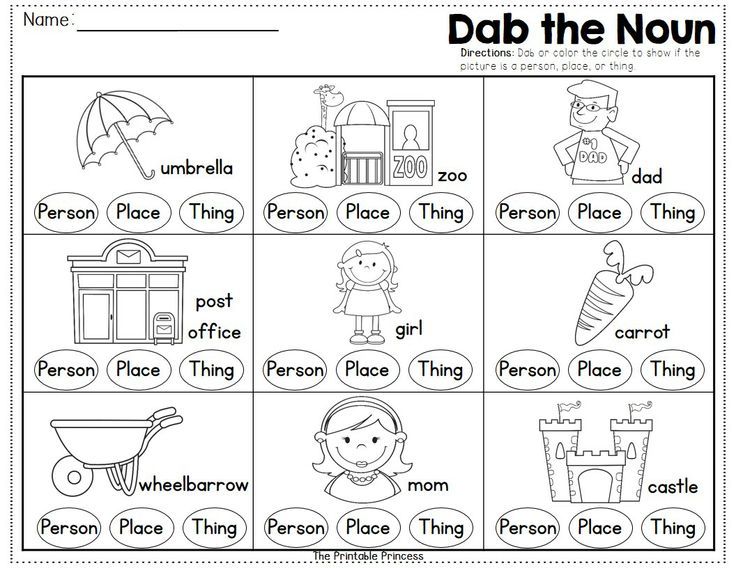Verb for first grade: What is a Verb? — 1st Grade
Posted onWhat is a Verb? — 1st Grade
Empowered Learner, Creative Communicator
Overview
Students will be able to learn about verbs by watching a Schoolhouse Rock video, Verb, with its catchy tune, then see an instructional video on the definition of verbs and how they are used in sentences. Finally, students will be able to check their knowledge of verbs through games and online quizzes and apply their knowledge in their own writing.
Learning Objectives
Students will:
- Understand the definition of verbs.
- Understand the use of action verbs in a sentence.
- Apply their knowledge in their own writing.
Vocabulary
Vocabulary Words:
- Verb: A verb is any member of a class of words that function as the main elements of predicates, that typically express action, state, or a relation between two things, and that may be inflected for tense, aspect, voice, mood, and to show agreement with their subject or object.
Pre-planning
To prepare for this lesson:
-
Watch the Schoolhouse Rock video, Verb, for the song.
-
Watch the videos, “What is an Action Verb?” and Action Verbs.
-
Play:
-
Find the Verbs Battleship
-
Balloon game
-
Ice Cream Game
-
-
Two player: Ninja Fighting Game
-
Multi-player games: Multiplayer Basketball Game
-
Do the evaluations:
-
Quiz (dropdown)
-
First Grade Quiz
-
Parts of Speech Sorting
-
Accommodations
See Accommodations Page and Charts on the 21things4students.net site in the Teacher Resources.
Steps
Directions for this activity:
-
Introduction: Have students watch the Schoolhouse Rock video, Verb, for the song and informational videos, “What is an Action Verb?” and Action Verbs.
-
Then have them apply their knowledge by playing games, doing assessments, and writing.
-
Activity: Allow them to practice their learning by playing several games:
-
Play:
-
Find the Verbs Battleship
-
Balloon game
-
Ice Cream Game
-
-
Two-player: Ninja Fighting Game
-
Multi-player games: Multiplayer Basketball Game
-
Assessment Options
Different options for assessing the students:
- Observations
- Check for understanding
-
Do evaluations:
-
Quiz (dropdown)
-
First Grade Quiz
-
Parts of Speech Sorting
-
-
Students can choose a book and underline the verbs in each sentence (copy pages first). If a chapter book, they can choose one page, picture books, several pages.
MITECS Competencies & ISTE STANDARDS
MITECS: Michigan adopted the «ISTE Standards for Students» called MITECS (Michigan Integrated Technology Competencies for Students) in 2018.
Empowered Learner
1c. Students use technology to seek feedback that informs and improves their practice and to demonstrate their learning in a variety of ways.
Creative Communicator
6c. Students communicate complex ideas clearly and effectively by creating or using a variety of digital objects such as visualizations, models or simulations.
6d.Students publish or present content that customizes the message and medium for their intended audiences.
Devices and Resources
Device: PC, Chromebook, Mac, iPad
Browser: Chrome, Safari, Firefox, Edge, ALL
Websites:
Action Verbs
Balloon Verb Game
Find the Verbs Battleship
First Grade Verb Quiz
Ice Cream Game
Multiplayer Basketball Game
Ninja Fighting Game
Parts of Speech Sorting
Verb Quiz
Verb video
What is an Action Verb?
CONTENT AREA RESOURCES
ELA
- Students watch videos that combine words and songs/speech.
- Students read directions for games and follow along to successfully pass levels and compete.
- Students choose a page from a book of their choice and highlight all of the verbs on the page.
- Students can liven up their verbs with input from peers or teachers.
Integrated Arts
- Do a time-lapse video of action over time: growing seed, shadows, decaying fruit, etc., and post it to the class site.
- Choose a social study activity and create a way to show others: infographic, slideshow, or video.
Science
- Choose a project that requires action — growing a plant from a seed, chemical reaction, or some similar activity — and write about the process.
- Learn about hypotheses and how verbs are important in those statements.
- Study the movement of planets and the action words involved (gravitational pull, circular, rotation, etc.).
- Ask an expert: have a plumber visit and explain the movement of water in pipes, or a civil engineer explain traffic movement (or jams), or a pilot explain flight.
- Study erosion and how water and wind change a landscape over time. Take a field trip to a Lake Michigan shoreline to examine the change.
Social Studies
- Movement in society is important. Study the nomads and their mobile lifestyle, or why people move in or out of cities.
- Watch dances from various countries.
- Ask an expert: have a physical therapist or occupational therapist come in to talk about how movement matters.
- Ask an expert: have an ASL student/teacher show how words are put into action in ASL.
Report a bad link, inappropriate content or out-of-date content.
CREDITS
This task card was created by Caryn Parker, Gull Lake Virtual Partnership, January 2021.
Print this page
Lesson Plan on Subject-Verb Agreement for First Grade
CHRISTOPHER CASCIO
VOCAB
… Brand X Pictures/Stockbyte/Getty Images
Students of all ages struggle with subject-verb agreement, so instilling a thorough understanding of these grammar rules for first-grade students is very important.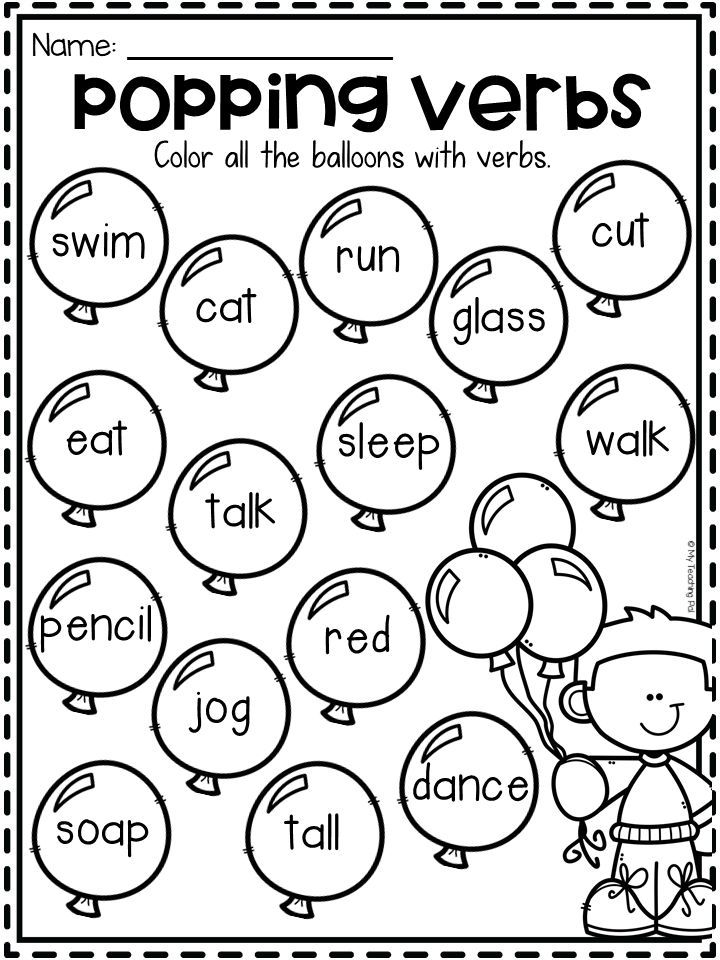
Explore this article
- Introduce the Lesson
- Discuss the Rules
- Play a Game
- Go Over It One More Time
1 Introduce the Lesson
Before diving in to grammar rules, give your class an exercise to get warmed up and ready for the lesson. Without telling them the point of the lesson, ask your students to write a few sentences for you. Have them write one sentence in which they tell you an exciting thing they did by themselves recently, and one sentence in which they tell you about an exciting thing they did with another person. After they’ve finished writing, call on a few students to read their sentences aloud, and allow the class to respond briefly. Write each student’s sentences on the board and underline the subjects and verbs, and explain that you will be teaching about how subjects and verbs need to agree with each other to work.
Vocabulary Builder
2 Discuss the Rules
Now that your class is warmed up and ready for the lesson, lead a discussion about subject-verb agreement rules. Explain that singular subjects take singular verbs, and that plural subjects take plural verbs. Be sure to discuss present, past and future tenses, and include linking verbs, such as «is,» «are,» «was» and «were.» Write examples of singular and compound subjects on the chalkboard along with singular and plural verbs, and ask students to identify correct verbs for different subjects. Also, give examples of incorrect sentences, and read them out loud so students can hear how silly they can sound when the subjects and verbs don’t agree.
3 Play a Game
Now that you’ve covered the rules of subject-verb agreement, lead your students through an activity so they can apply what they’ve learned while having some fun. The online game «Space Verbs 1» on «Got Kids Games» is free to play, and you can display it easily on an interactive whiteboard, such as a Smart Board.
4 Go Over It One More Time
Finish the lesson by assigning the homework and then reviewing the material one last time. However, this time ask for volunteers who can explain the rules to you. When possible, call on a second student to complement another student’s explanation. For example, if one student tells you that a singular subject needs a singular verb, you can then ask another student what kind of verb a plural subject needs. You can even ask the entire class to call out the answer together.
references
- 1 K12 Reader: Subject Verb Agreement
About the Author
Christopher Cascio is a memoirist and holds a Master of Fine Arts in creative writing and literature from Southampton Arts at Stony Brook Southampton, and a Bachelor of Arts in English with an emphasis in the rhetoric of fiction from Pennsylvania State University.
Related Articles
Verb classes
In the process of forming verb forms, a different relationship between the stems of the infinitive and the present tense is manifested. Depending on this ratio, as well as belonging to the type of conjugation, all verbs of the modern Russian language are divided into classes.
Inflectional classes of verbs are groups of verbs that belong to the same conjugation and are characterized by an identical formal relationship between the stems of the present and the past tense.
Verb classes can be productive or non-productive.
Productive classes are classes with such a ratio of form-building bases that are also characteristic of newly formed verbs in the language. Productive classes are constantly updated with new verbs.
Unproductive groups are classes with such a ratio of form-building bases, according to which new verbs are not created.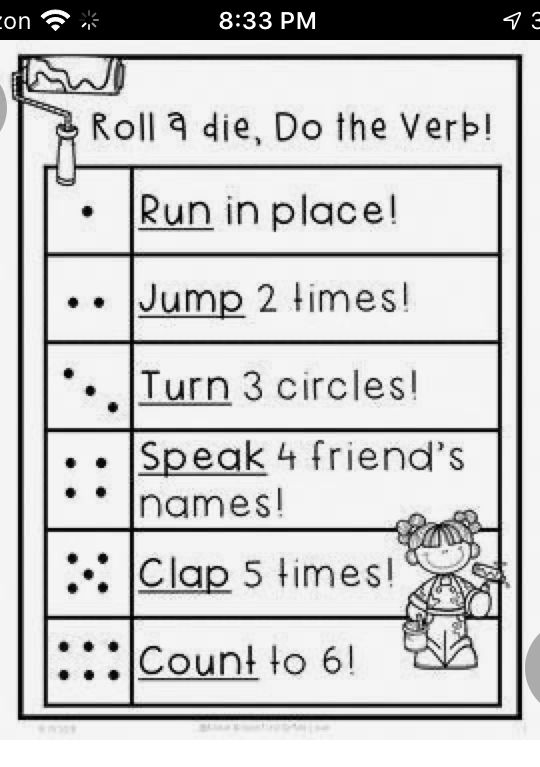
There are from 12 to 17 non-productive groups of verbs.
(5 productive classes of the verb)
1 class. Combines verbs with an infinitive stem in -а- (-я-) and a present tense stem in -аj- (-яj-):
- Um E T — mind E [j] Yut
- HSA Le sting e[j] yut
3 class. Verbs with infinitive stem ending in -ova- (-eva-) and present tense stem -уj-:
- Fig. ova Оot — dials [j] yut
- countries barrel T — Stances Twu [J] UT
- HAV // U
- Tolo Well T — TRU UT
- 9000 about man ut
- va RH T — V. R YAT
- 9000
- cm shi t — cm esh at
- give knowledge about the verb, improve the skill of recognizing verbs among other parts of speech;
- correction of thinking through the game «Guess the letter», «Pick up the verb».
- to instill interest in the subject through the use of visualization, corrective games and riddles.
- table «declension of pronouns»;
- game «Guess the letter»;
- fairy tale «Verb and his friends»;
- Verb drawing;
- words about the verb;
- memo table «Verb as a part of speech»;
- ball;
- 2 sheets with words for the game «Pick up the verbs»;
9000 + 9000 + 9000 + kova t, chewing t, nibble t, where -ova- (-eva-) are part of the root.
Grade 4 Verbs with infinitive stem ending in -nu- and present tense stem ending in -n-:
5 class. Refers to verbs with an infinitive stem in -i- and a present tense stem in a soft consonant (t’) or sibilant:
Verbs of this class have a historical alternation in the form of the 1st person singular.
| led
Share post: Lesson in the 7th grade on the topic «Verb as a part of speech»Targets: Lesson type: combined. Pedagogical technology: game. Equipment: Lesson progress I. Organizing moment Guess the letter game — Think about what letter should be in place of the question mark?
II. 1. — Listen to the riddle .
2. Review questions. — What is a pronoun? — What does the pronoun mean? How do pronouns change? (By persons, by numbers, by cases, by gender in the 3rd person) — What can you say about writing pronouns with prepositions? (Pronouns with prepositions are written separately; and are added to pronouns of 3 liters with prepositions) Give examples. 3. Work in a notebook. — Copy the text from the board and put the pronouns from brackets in the right case. Specify the case of pronouns.
Proposed text. I liked the concert of the pianist (I). His game made a great impression on (I). I called (you) all evening yesterday, but (you) were constantly busy. Eighth grade — our bosses. We (they) go hiking. From (they) we learned how to quickly kindle a fire. For weak students, an individual task. 4. Checking . We read one sentence orally. III. Introduction to Topic Reading a grammatical fairy tale by the teacher «The verb and its friends.» — Tell me, what parts of speech did you meet in this fairy tale? — Who was the main character? IV. Reporting the topic and objectives of the lesson — Today we start studying a new topic: The verb as a part of speech.
We will talk about what the verb means and what questions it answers. We will learn to choose verbs from other parts of speech and form verbs from these words. And in order to get to know the verb better, we will go to visit him. V. Learning new material 1) — And to get to the verb you need to guess the riddle and name the magic word.
(Verb Picture) — So we got to visit the verb. — What does the verb mean? What verbs did you find in the poem? What questions does the verb answer? 2) Work at the blackboard. — Now we will write down all the verbs that met in the riddle.
Lives, does, tells …. Output: — What does the verb mean? What questions does the verb answer? 3) Exercise for the eyes «ABVG» Above the board and on the ceiling in different directions are the letters ABCD on colored circles. The teacher calls the letters in turn, and the students move their eyes from letter to letter. — Give me the verbs that begin with the letter that is on the green circle (this letter can be any, for example B and the students call the verbs with B). 4) Fizminutka. Ball game «Pick the word» — I call you a word, and you must choose the opposite in meaning. Then the task becomes more difficult, and the students name words that are close in meaning. 5) Work with the textbook (p. 184) Reading the rule. 6) Exercise 163 (write out words in three columns):
We only read verbs. Conclusion: The verb sets everything in motion, even if a person is lying, he still does something. The verb is the most fire-breathing, most lively part of speech. Application VI. Fixing 1) Game «Form a verb» The teacher hangs out nouns, and students form verbs from them.
2) Game «I am literate»
— To become a literate person, you need to work hard. |



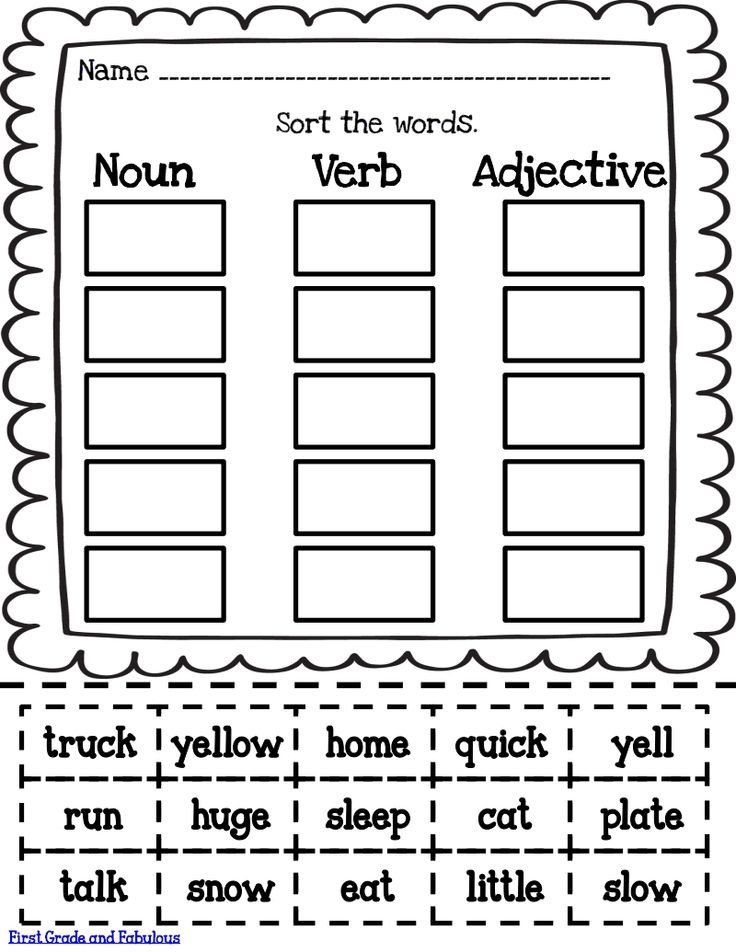


 Repeat
Repeat 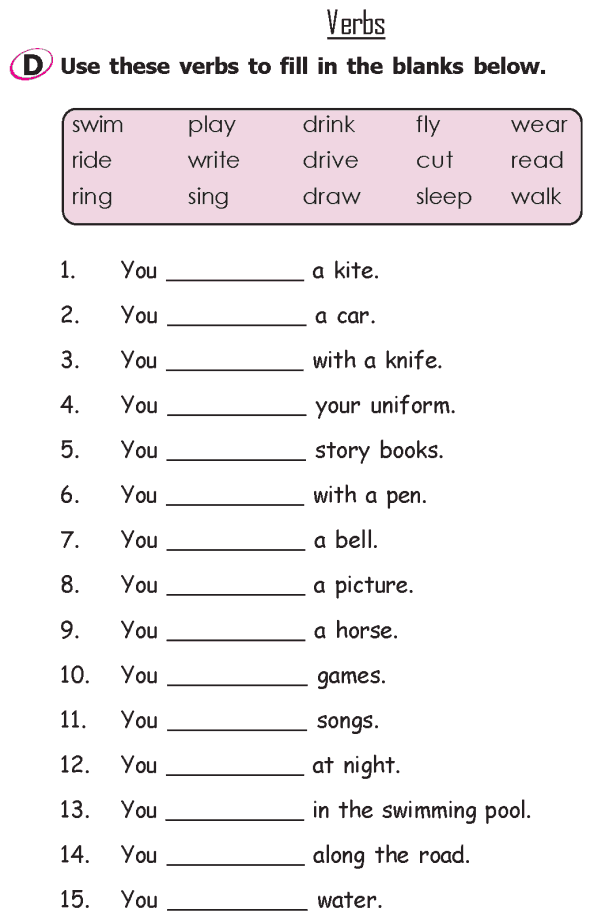
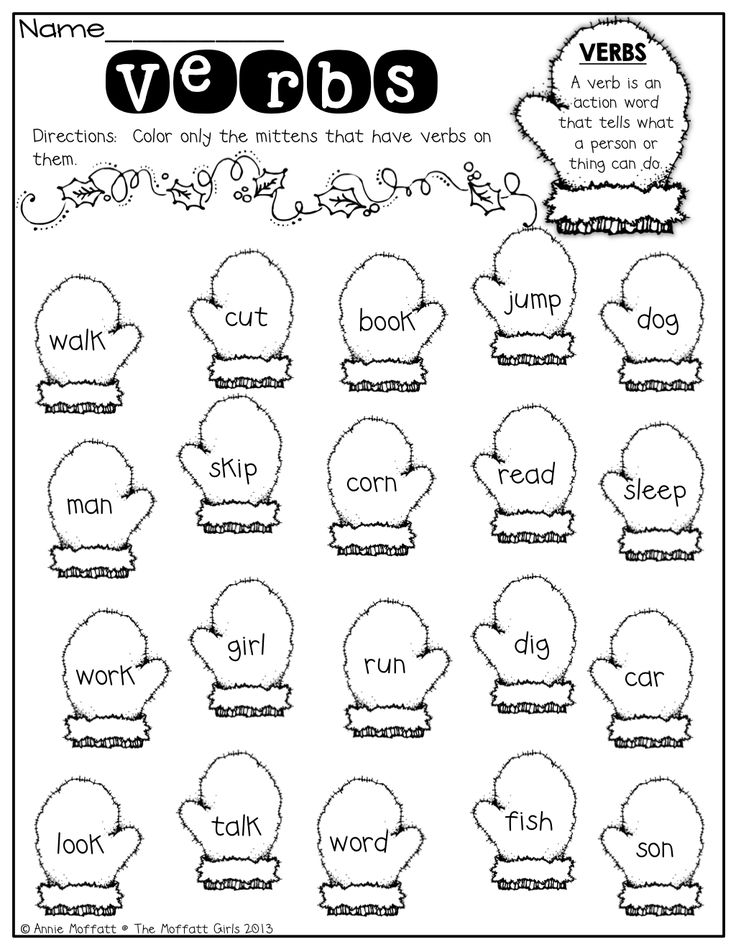 And at the end of the lesson, we will sum up everything that we will learn today.
And at the end of the lesson, we will sum up everything that we will learn today.
